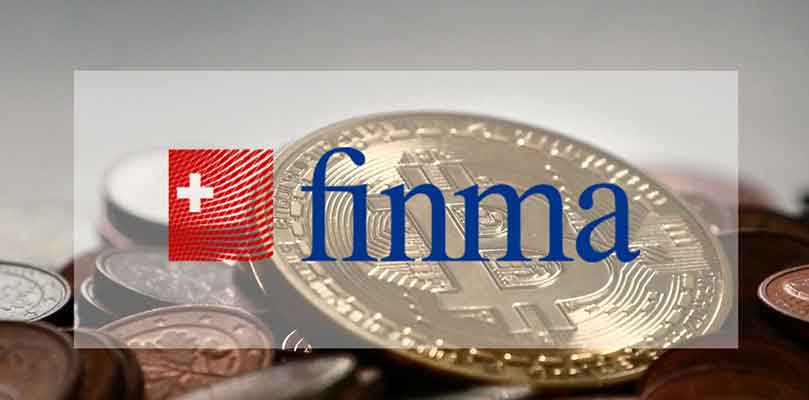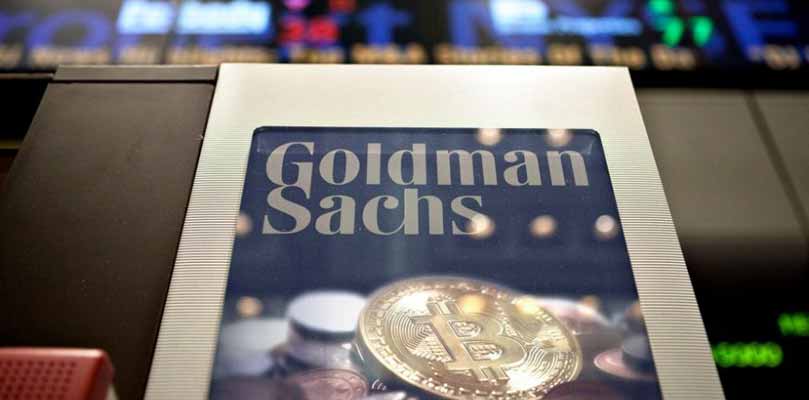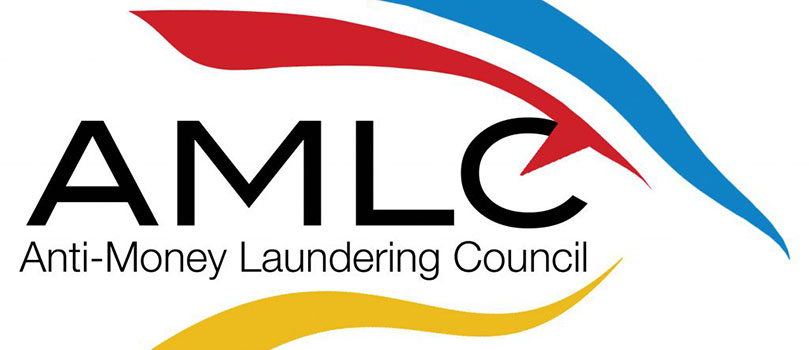Bitcoin has been on a steep downward trend for the past few weeks. In general, the market has not been very stable with a number of people hoping that it the market will stabilize very soon and bitcoin can regain even a little of the value that it lost in the past month. Both bitcoin and Ethereum, the two most popular cryptocurrencies have had their prices drop by over 40 percent particular because of the rapidly increasing sell pressure and the declining buy pressure. As a result, the crypto market has been struggling to sustain some sort of momentum in a bid to reverse the downward trend but, of course, it might be a while before this happens.
To put this into perspective, when the price of an asset falls significantly without any significant spike in volume, it is representative of a free fall albeit without much sell pressure. This implies that as big sell volumes continue to hit the market, the price of the said asset will be at the mercy of additional sell-offs in the future.
This Is Not the End
Even though bitcoin has undoubtedly had quite a month, it did not take nearly as much a hit as many other digital currencies. In fact, in November, bitcoin’s share of the total cryptocurrency capitalization or rather its dominance saw a notable increase. Over the course of the month, bitcoin’s dominance has spiked from lows of 51 percent in early November to the prevailing 53 percent, something that goes further to prove the digital currency’s appeal to both miners and investors.
Despite the fact that there have been lots of talk about the demise of bitcoin, especially over past two weeks, it is worth noting that the cryptocurrency’s price is still more than what it was last year in the summer. Furthermore, bitcoin has been building quite a loyal customer base over the past decade and there is still a growing appetite for crypto all over the world.
Institutional Investors Are Still Hopeful
It is not only individuals within the crypto community that are still confident about bitcoin. The traditional financial services industry and a number of institutional investors including New York exchange operator, Nasdaq, are still pursuing ventures involving the digital currency. According to Bloomberg, the company on November 27 announced that it is moving forward with its plan to list bitcoin features, a market that it hopes to officially launch in with the first quarter of 2019.
Sources close to the matter have also revealed that the New York exchange has been working closely with the Commodities and Futures Trading Commission (CFTC) to receive regulatory approval for its plans to operate as a compliant bitcoin futures market service provider. There is a huge window for success but knowing how shaky the crypto market can get, it remains to be seen just how far these projects will go.









